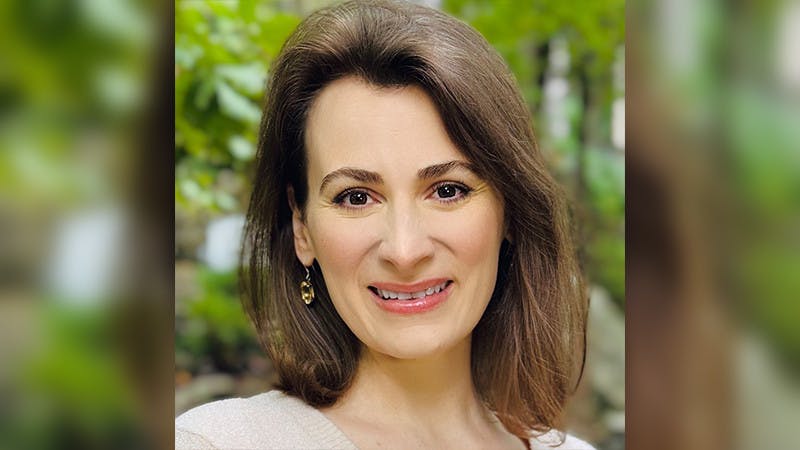The School District of Philadelphia is in crisis. In the summer of 2011, Pennsylvania legislature cuts to the statewide education budget led to a $629 million budget shortfall in Philadelphia. In an effort to navigate this budget crisis, the School District of Philadelphia closed 31 schools over the course of two years and eliminated 5,000 staff positions, including laying off nearly 2,000 teachers. Since this devastating move, classrooms have been overcrowded and two young schoolchildren have died during the school day when no nurse was on duty.
Universities, like ours, are the beneficiaries of U.S. Congress’ 1917 university tax-exemption structure that grants Penn millions in property tax-exemption. Faced with similar disparities and poor urban school districts, every single Ivy League school, with the exception of Penn and Columbia, supports their municipality by contributing Payments in Lieu of Taxes. Yale, for example, pays the city of New Haven $8 million annually. In fact, during the 1980s, our own University paid PILOTs to the city. Today, Philadelphia has the highest percent of tax-exempt nonprofit property of any city in the United States, worth $21.5 billion.
However, Penn and Philadelphia’s other major “eds and meds” have refused to make such payments, citing that their community involvement efforts offer sufficient support to the city. In September 2013, Econsult Solutions Inc., a consulting firm commissioned by Penn and other higher education institutions, released a report titled, “The City of Philadelphia and its Higher Eds.” The report finds that Penn is already doing plenty to help out the city without paying PILOTs.
The report offers that PILOT programs are antagonistically positioned against collaborative university-city partnerships because they substitute partnership with transaction. Ira Harkavy, the founding director of the Netter Center for Community Partnerships at Penn stated that PILOTs would threaten the relationships of trust that Penn has built with the city through the Netter Center’s University Assisted Community Schools program.
What is unclear is why the idea of providing financial support is fundamentally hazardous to community partnership. Certainly the city would benefit most from financial and institutional support and Penn certainly possesses the wherewithal to provide both. And Penn should — especially since there is virtually no evidence that the programs run through the Netter Center have had any measurable positive impact on partner schools. Instead, school district data shows that performance at University Assisted Community Schools has remained poor.
When the Penn Student Labor Action Project and Students Organizing for Unity and Liberty held a protest at Amy Gutmann’s annual Christmas party demanding that Penn pay PILOTs, Amy Gutmann defended Penn’s position not to pay PILOTs by saying, “we are very proud of what we’ve done with the Penn Alexander School.” Penn Alexander, a University of Pennsylvania Partnership School, receives direct and in-kind contributions from the University. This partnership began as part of Penn’s efforts to reinvest in the neighborhood surrounding Penn. As part of this plan, Penn sought to attract middle-class families and Penn employees to reside in the neighborhood. And the original community has radically changed since the beginning of this partnership. Between 2000 and 2010, the population living in the boundaries of the Penn Alexander catchment rose by 14 percent; however, the African American population in the same area saw a 43 percent decline. It’s time for Penn’s successful community involvement to benefit all schoolchildren in Philadelphia.
Rather than an exercise in altruism, community partnerships are confined to the area surrounding Penn and fail to reach the rest of the city. The Penn academic calendar is not aligned with the School District of Philadelphia’s, meaning that public school students in West Philly are accustomed to a revolving door of Penn volunteers and initiatives. It is naive to think that these partnerships can substitute the kind of full time staff positions Penn’s PILOT contributions could secure.
A February 2015 DP Editorial argued that “If Penn were to pay PILOTs, much of the money could be lost in the maze of education bureaucracy.” Penn possesses the resources to partner with City Hall in ways that would create positive results for the city and its schools. Penn should offer undergraduate programs in urban governance and policy and incentivize its graduates to remain and invest in Philadelphia post-graduation. Until Penn is willing to critically evaluate its partnerships and transform them so they look a little bit less like charities and an exercise in public image upkeep as the “civic Ivy,” then it’s time for Penn to write a check to City Hall.
CLARA JANE HENDRICKSON is a College senior from San Francisco studying political science. Her email address is clara@sas.upenn.edu. “Leftovers” appears every other Thursday.
Background sources for this column include “Examining the University of Pennsylvania’s Arguments Against PILOTs: An Analysis of the University of Pennsylvania’s Claims Against Payments in Lieu of Taxes” a paper written for PSCI 335 Healthy Schools, by Nopakit Lerthirunvibul, Jocelyn Pickens, Ashley Van, Ling Zhou with Devan Spear and Mary Summers.
The Daily Pennsylvanian is an independent, student-run newspaper. Please consider making a donation to support the coverage that shapes the University. Your generosity ensures a future of strong journalism at Penn.
DonatePlease note All comments are eligible for publication in The Daily Pennsylvanian.








